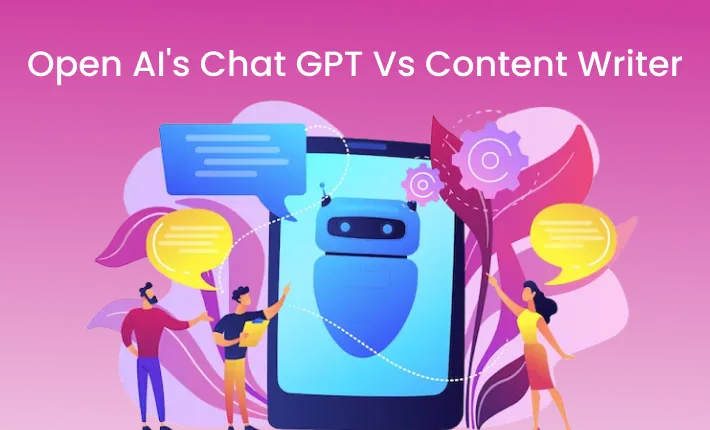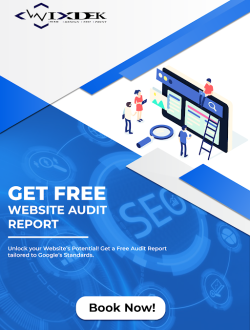AI writing tools like ChatGPT, Gemmini, and Deep Seek help users find answers to their queries. Now, they also assist in creating SEO content. This brings up a question: Does this content impact my search rankings? The short answer is: It can, but it doesn’t have to. The impact on your SEO depends entirely on how you use it. Low-quality AI content can be risky.
In contrast, well-edited AI text can be a strong asset. The AI text is a useful source of information. But it comes from different sources. Using AI-generated text can lead to plagiarism and issues with Google, so it is advisable to use it only for information and then add your own creativity.
ChatGPT-Generated Text Hurt Your SEO, but also These Factors are Essential
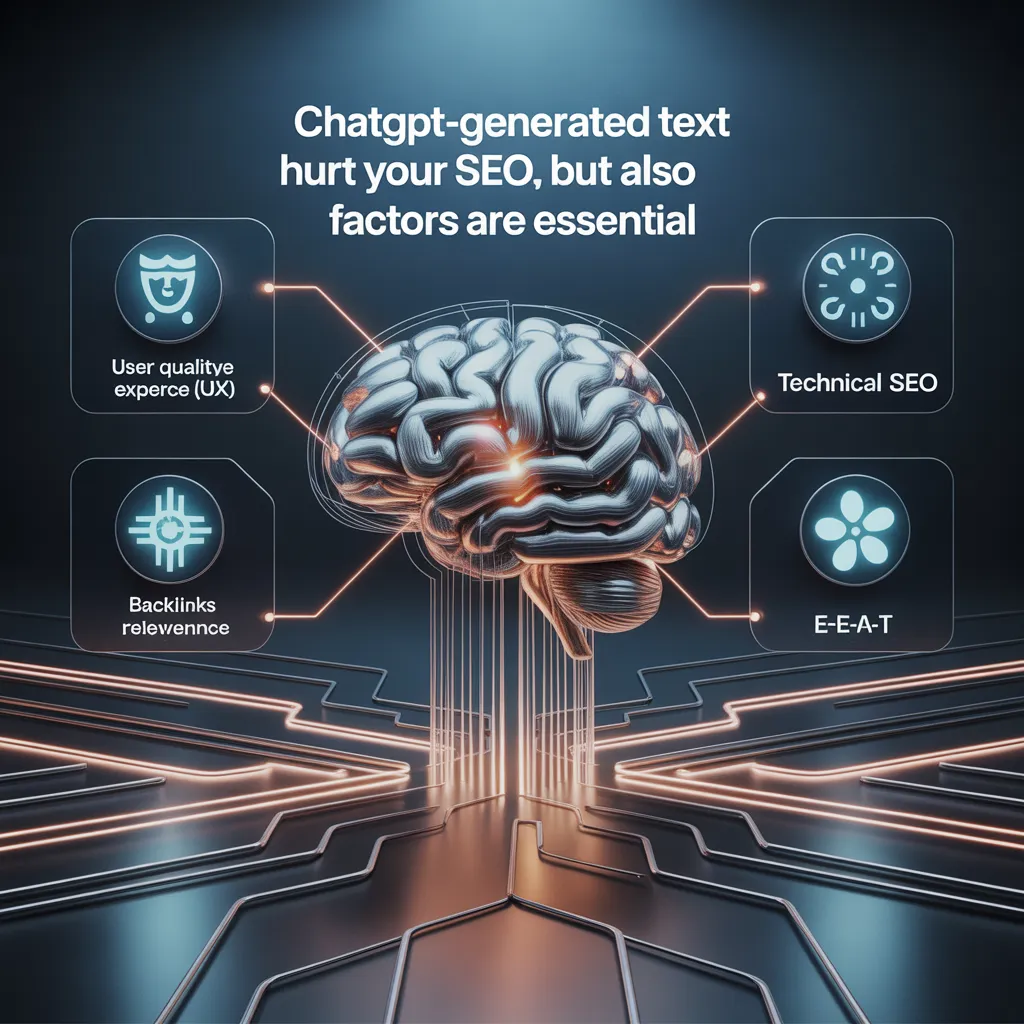
SEO includes many factors, and all of these are equally important. Only GPT-generated text does not affect the seo ranking. All these factors play crucial roles:
Content Quality & Relevance:
Content will be user-friendly and provide complete information. Does it truly answer the user’s query comprehensively and authoritatively?
User Experience (UX):
Your website speed matters. The site’s speed, mobile friendliness, and ease of navigation also play an important role in SEO ranking.
Technical SEO:
SEO ranking is all in vain without Technical SEO. Clean code, proper indexing, structured data.
Backlinks:
If your URL has strong back links that are page, Off page SEO is the second most important factor that affects that is crucial in search ranking. Backlinks means getting high-quality, relevant links from other sites.
E-E-A-T:
AI genrated content does not follow the Google guide lines that affect SEO ranking. Google emphasizes experience, expertise, authoritativeness, and trustworthiness.
Drawbacks of AI-Generated Content
Using raw, unedited ChatGPT output carries several SEO risks:
- Quality & Depth Issues: AI may create generic or shallow content. It can also be factually wrong and miss human expertise. This leads to “thin content” that fails users.
- E-E-A-T Deficiencies: AI inherently lacks real human experience and true expertise. Content can seem impersonal and may lack fresh insights. Such deficiencies can make it hard to build trust. These issues go against Google’s key ranking principles.
According to Google, May 2025 content updates
“Focus on unique, valuable content for people
People often ask how to make content that’s “what Google wants”. Our answer is that Google wants to show content that fulfills people’s needs. Focus on making unique, non-commodity content that visitors from Search and your own readers will find helpful and satisfying. Then you’re on the right path for success with our AI search experiences, where users are asking longer and more specific questions — as well as follow-up questions to dig even deeper. (By the way, unique and valuable content is also important for our blue link results as well). Our creating helpful, reliable, people-first content page may help you self-evaluate your content efforts.”
Plagiarism & Duplication Risks:
While ChatGPT generates new text it , does not collect data from many sources; it’s trained on existing data. This can result in:
- Unintentional Plagiarism: Rephrasing existing sources too closely.
Content Duplication: Many users create similar content on the same topic. They use close prompts, which fill the web with nearly identical articles. If your content is not unique, the Google algorithm never prefers it.
Lack of Originality & Insight:
AI tends to repeat old information. It often fails to provide fresh views, deep analysis, or real value.
“AI Detection Potential”:
Google says it penalizes AI-generated content. If the writing is poor, it can show patterns like repetition and errors. Both algorithms and people notice these issues. Such behavior leads to low engagement metrics, such as high bounce rates and short time on the page, which can hurt rankings.
Keyword Stuffing & Unnatural Language:
Using AI too much without editing can lead to awkward phrases and strange keywords.
The Potential Benefits of AI-Generated Text (The "Pros")
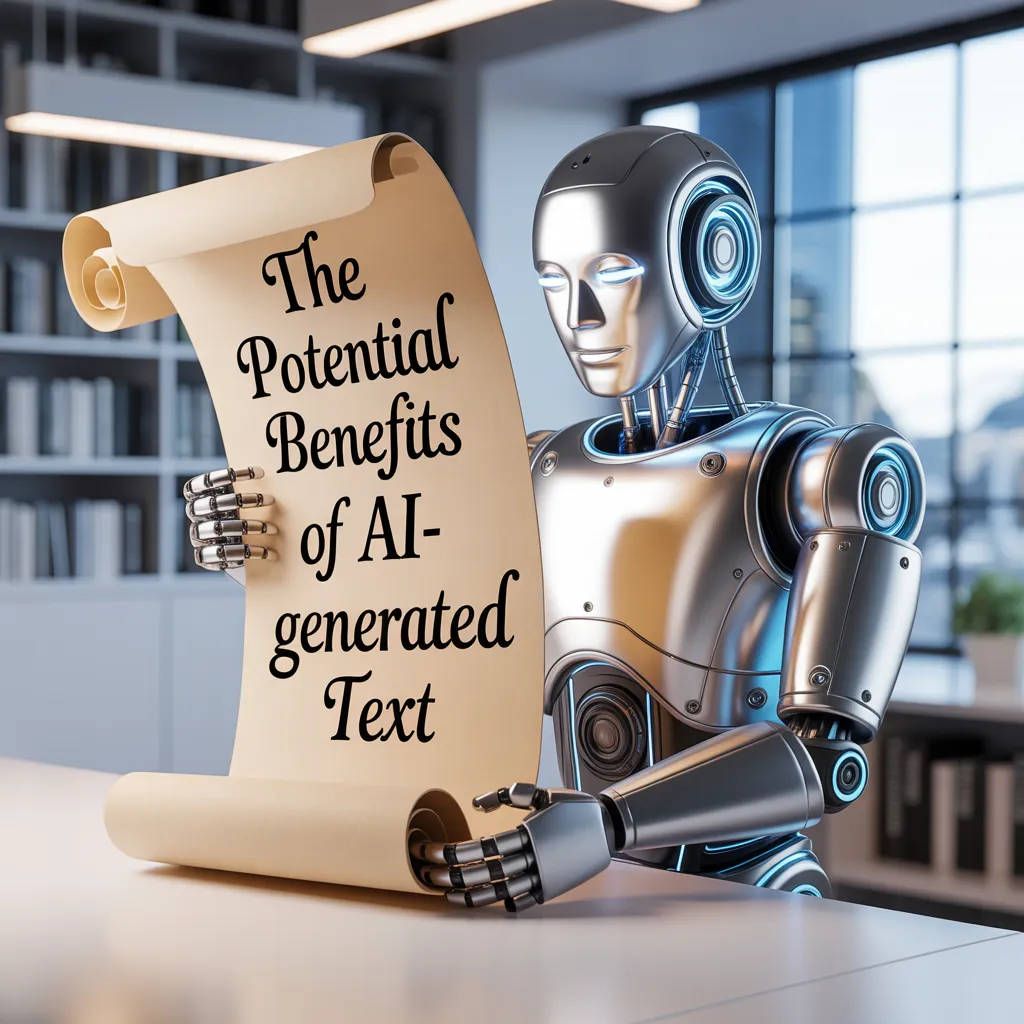
- Broader Audience Coverage
- Google leads in search volume. Meanwhile, Microsoft, through Bing, Yahoo, and AOL, attracts an older, more professional crowd.
- Combining both ensures you don’t miss potential customers who prefer one search engine over the other.
- Lower Overall CPC and Higher Efficiency
- Microsoft Ads often has a lower cost-per-click (CPC) due to less competition, balancing out Google’s higher costs.
- You can test high-intent keywords on Microsoft before scaling them on Google.
- Diversified Lead Sources
- Google can boost conversions, but Microsoft usually provides higher-quality leads. This is especially true in B2B areas.
- Finance, healthcare, and tech businesses often get higher conversion rates on Microsoft thanks to its professional user base.
- LinkedIn Integration (Microsoft’s Unique Advantage)
- Microsoft Ads facilitates LinkedIn profile targeting, which is great for B2B and top-level campaigns.
- If your audience includes decision-makers, this feature can significantly boost lead quality.
Used wisely, ChatGPT can be an SEO tool because it provides a good source of information and multiple ideas:
- Efficiency & Scalability: AI-generated content helps you quickly create drafts, outlines, or brainstorm ideas. This way, you can easily beat writer’s block.
- Useful Queries: AI-generated content helps you create relevant and useful questions. This supports faster content creation, like FAQs, definitions, and summaries.
- Basic Structuring: It helps you generate a good content structure. Generate well-organized drafts with headings and subheadings.
Ideation & Research: You have a lengthy blog or article o
What Does Google Say About Content (Especially AI)?
Google’s core message is consistent: Focus on creating helpful, reliable, people-first content. Their recent updates, such as the Helpful Content Update and core updates, focus on low-value content that tries to rank higher.
According to February 2023, Google updates
“Is AI content against Google Search’s guidelines?”
“Appropriate use of AI or automation is not against our guidelines. This means that it is not used to generate content primarily to manipulate search rankings, which is against our spam policies.”
Key Warning:
Auto-generated content to manipulate search rankings is considered spam. Content must demonstrate E-E-A-T.
The Bottom Line:
Google values content that aids users, no matter how it’s made. If AI content is unhelpful, inaccurate, or lacks E-E-A-T, it will rank poorly. If it’s high-quality, useful, and demonstrates expertise, it can rank well.
What Do SEO Experts Say? (Insights from Wixdek)
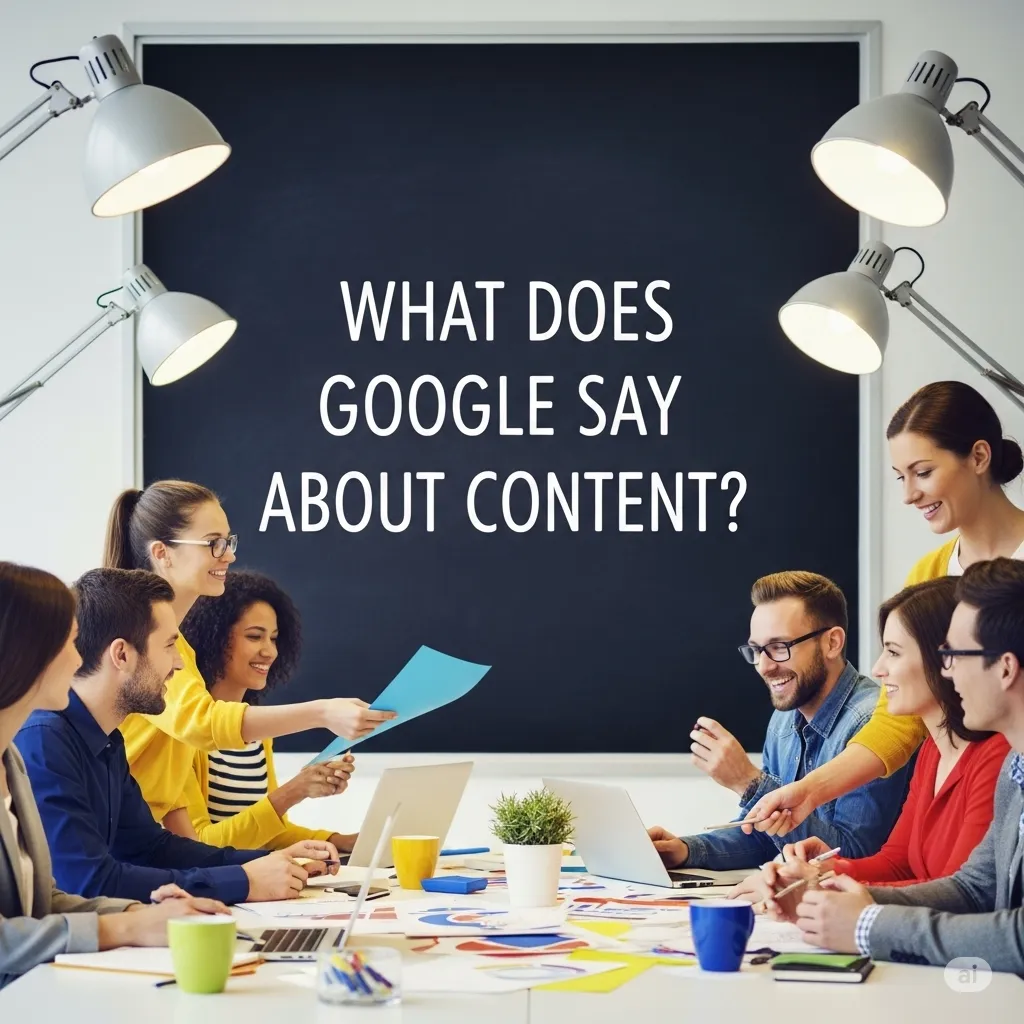
Leading SEO agencies like Wixdek offer a crucial perspective:
“AI is a Tool, Not a Strategy.”
Experts at Wixdek stress that ChatGPT should augment human expertise, not replace it. Relying solely on AI output is a high-risk SEO strategy.
“Quality Control is Non-Negotiable.”
Every AI-generated piece needs careful fact-checking, editing, and refinement. It should also include unique human insights and experiences to enhance E-E-A-T.
“Originality is Key.”
Wixdek experts warn against the flood of generic AI content. Content must offer something new, valuable, or insightful to stand out and rank. The result should be information users can’t easily find anywhere else.
“Focus on User Intent.”
AI drafts need many adjustments to grasp and meet the search intent behind a query truly. This is where humans shine.
“Beware the Duplication Trap.”
Experts warn that basic prompts can lead to content like many other pages. This hurts both uniqueness and SEO value.
Final words on 'Does ChatGPT Generated Text Hurt SEO?
ChatGPT-generated text isn’t bad for SEO. The critical factor is how you use it.
Low-quality AI content with errors, plagiarism, and duplication will hurt your SEO. It lacks E-E-A-T, which is crucial for success. It fails users and violates Google’s core principles.
High-quality, human-augmented AI content can boost your SEO. We have fact-checked and edited it. It also includes original insights and unique value. This content is user-friendly and demonstrates strong expertise, authoritativeness, and Trustworthiness (E-E-A-T). It uses AI to be efficient and focuses on helping users.


